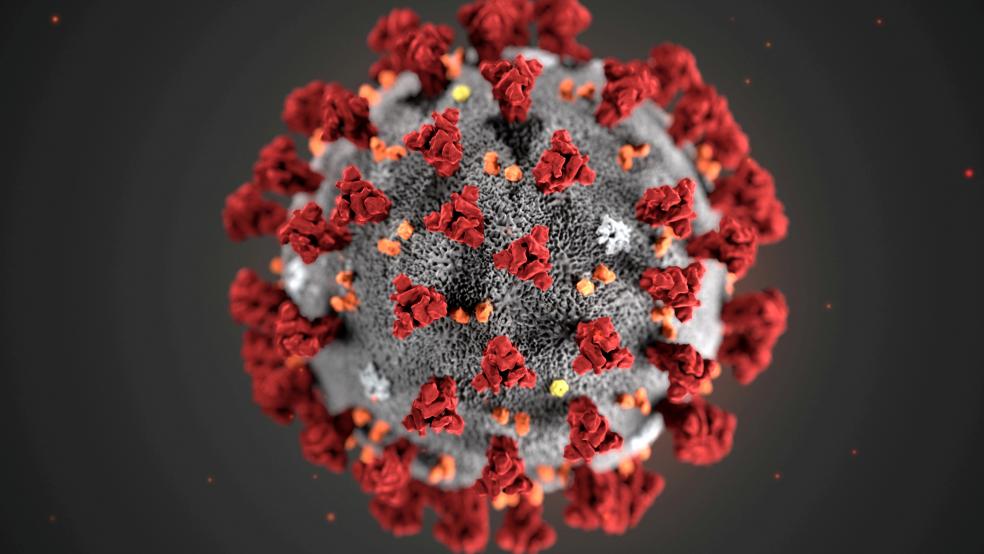The Centers for Disease Control and Prevention is making some confusing — and potentially controversial — changes to its guidance on how the coronavirus spreads.
What’s happening: The agency on Friday quietly updated its website to say that the novel coronavirus can spread "through respiratory droplets or small particles, such as those in aerosols, produced when an infected person coughs, sneezes, sings, talks or breathes." Where the agency had previously warned that the virus spreads mainly via larger droplets when people are in close contact, the revised page reportedly said that aerosols — smaller particles that can linger in the air for longer — were “thought to be the main way the virus spreads."
On Monday morning, the CDC removed that updated language, saying a draft version of proposed changes had been posted in error. "It was a failure of process at CDC,” Jay Butler, the agency’s deputy director for infectious disease, told The Washington Post. The agency reportedly is still working on updated guidance to be posted as soon as Monday. It wants to convey that aerosol transmission is possible, but not the primary method by which the virus spreads, a source told The Wall Street Journal.
Why it matters, part 1: Friday’s revisions represented a significant shift. Some experts suggested the new language “should drive a major rethink of public policy — particularly at a time when students in many areas are returning to indoor classrooms,” the Post reports. The Journal’s Caitlin McCabe adds: “Acknowledging aerosol transmission of the coronavirus would carry significant implications for how businesses and schools proceed with re-openings. To reduce the risk of aerosol transmission, property owners and building managers would need to implement precautions such as better ventilation and proper social distancing, according to scientists and researchers studying Covid-19.”
Why it matters, part 2: As the Trump administration seeks to push schools and businesses to reopen, such reversals instantly raise concerns, warranted or not, about the politicization of pandemic response.
“That type of whiplash, especially without an explanation directly from the CDC, creates confusion and unfortunately it leads to lack of trust in the CDC overall,” Dr. Leanna Wen, a visiting professor of health policy and management at the George Washington University and former Baltimore health commissioner, told CNN. “The fact that they retracted this, even though this is common scientific knowledge at this point, one has to wonder what’s behind it. Was there political pressure, political interference that’s driving this rather than science?”
This isn’t the first time health officials have walked back their guidance regarding the coronavirus. The CDC just last week reversed controversial guidance that said that people who were exposed to someone with the virus don’t need to get tested if they don’t have symptoms of infection. And President Trump last week disputed his CDC chief’s public comments on the importance of face masks and the timing of a vaccine.
The CDC about-face also comes after Health and Human Services Secretary Alex Azar reportedly issued a memo barring health agencies, including the Food and Drug Administration, from signing any new rules "regarding the nation’s foods, medicines, medical devices and other products” — a move that outside experts warned could add to the public perception of political interference in decisions that should be based in science and medicine.
The bottom line: Even if the CDC’s changed guidance was simply a failure of process and not political, it’s another stumble that highlights the dangerous erosion of trust in public health officials under the Trump administration — and it threatens to further erode that trust. Remember, the CDC has long been viewed as one of the world’s leading public health organizations. But its mistakes have been piling up. “This cannot happen again,” the CDC’s Butler told the Post.




